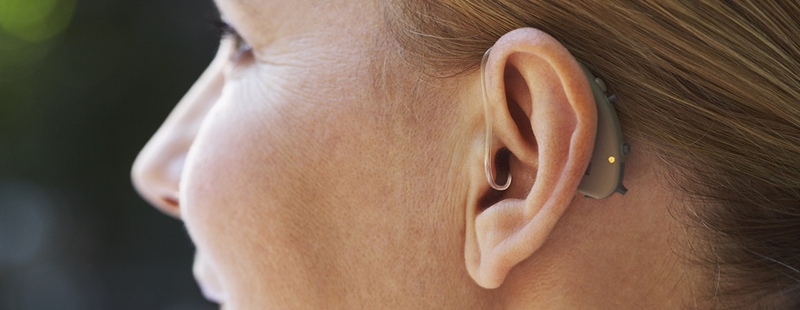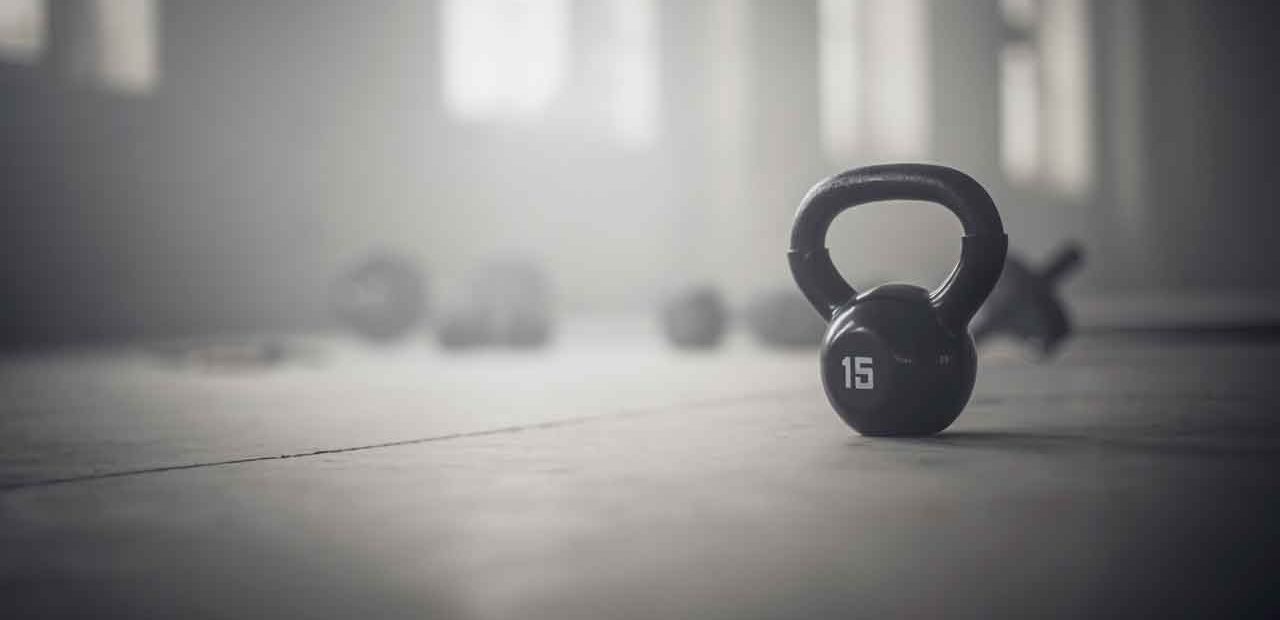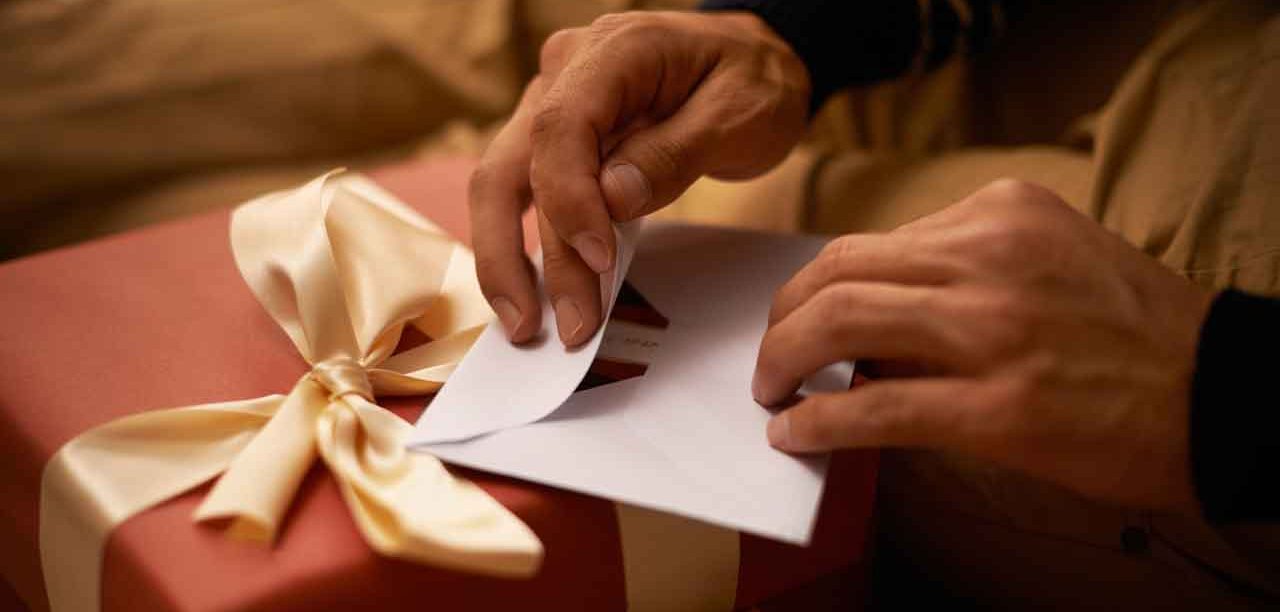February 14, 2018
It Took Me 35 Years to Get a Hearing Aid

Being able to hear better changed my life.
Whenever you can’t hear someone — and pretend you do, or mistake what they say, or simply ignore that they’ve spoken — you lose a chance to connect. Wearing hearing aids makes a big difference. But the people around you will still need to exercise patience and give you the benefit of the doubt. Over and over.
Here’s an example from just a few days ago. On work-day mornings, my boyfriend and I have a couple of rituals. We like to bike together. He bikes to his office and after three miles I turn around and ride back to my home office. I also usually bring him his breakfast in a plastic bag — a yogurt and a bag of nuts. I love feeding him breakfast even though we don’t have time to eat together.
One morning, he said something while I was on the way to the kitchen. Rushing, I didn’t bother to go back and make sure I’d heard. When I returned to the hallway with his breakfast bag, he was gone and so was his bike and backpack. Where was he? He seemed to have disappeared in seconds.
He’s always in such a rush, I grumbled to myself. Maybe he had a morning meeting and couldn’t wait for me, but I was hurt he hadn’t waited for my response. I was even more hurt that he didn’t take my breakfast.
I found him waiting for me with his bike in front of my building. “Where were you?” I asked. “I told you I’d meet you downstairs,” he said. He’d been waiting patiently, while I’d been grumbling to myself about being rushed.
Communication mishaps like these affect intimate relationships all the time. We often can’t hear each other when we’re talking from another room. We often pretend to listen — until we get caught. Hearing loss magnifies a ubiquitous problem.
I was born with borderline hearing, and didn’t get a hearing aid until I was 35, pushed by my boss and boyfriend. A camp director figured out my problem when I was eight. My parents opted against a hearing aid then. A school doctor recommended a hearing aid when I was in junior high and my parents asked me what I thought. I don’t even recall the conversation. Apparently, I said I was fine and they didn’t push.
I knew I couldn’t hear things other people heard. I couldn’t participate in group conversations at a table, when people were talking in different directions, from angles where I couldn’t see them or turn my head in time. I couldn’t follow the thread when a group of kids gathered outside of school. I couldn’t hear certain teachers unless I sat in the front row. Kids made fun of me when I misunderstood them.
But I wasn’t even curious to know what it would be like to hear better. That sounds strange — except I’m not at all alone. People choose to live with bad hearing, including adults who used to hear well and know what they’re missing. We pass on hearing aids, even though we use our glasses.
If you’re debating whether you should get a hearing aid — even though you know you don’t hear well — consider the price I paid. I paid thousands of dollars to attend college, where I chose classes that I could get to quickly enough so I could be sure of a seat in the front row, or courses held in smaller classrooms. When I signed up for a music appreciation class, I had to drop out after the second week.
When I became a reporter at Newsweek, I didn’t go to the office meetings, which were hard to hear; this way I could ask someone to brief me on the meeting without revealing my bad hearing. You can imagine that didn’t help my reputation.
Hearing aids are not a total solution. I wear mine. I still have trouble in group conversations and hear nothing when people talk to me from behind or at a distance. Most people don’t see my hearing aid, even though it’s outside my ear and my hair is short. I usually tell people right away that I have hearing loss. They forget. They also resent you if you need them to stop mumbling or raise their voices.
Now that I understand the cost of hearing loss, I’d never stop wearing my aids. Moving from a life in which I heard less than other people did — to hearing more, but still not normally — taught me a lesson that our culture tends to miss. In theory, we admire humility yet we rarely cultivate it. Why did it take decades for me to accept that I had to “fix” myself with a little device in each ear? I wanted to be myself. We have childishly set ideas about our “self” —“who I am.” You can change. You can be more. It’s a lesson I learn over and over again, or suffer the damage if I choose stubbornness instead.
Do you have a question about the effect of a health or disability issue on your relationships? Write me at editor@yourcareeverywhere.com.


